Related Research Articles

Elizabeth I was Queen of England and Ireland from 17 November 1558 until her death in 1603. She was the last monarch of the House of Tudor.

The Speech to the Troops at Tilbury was delivered on 9 August Old Style 1588 by Queen Elizabeth I of England to the land forces earlier assembled at Tilbury in Essex in preparation for repelling the expected invasion by the Spanish Armada.
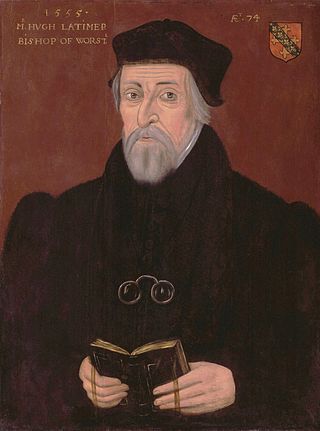
Hugh Latimer was a Fellow of Clare College, Cambridge, and Bishop of Worcester during the Reformation, and later Church of England chaplain to King Edward VI. In 1555 under the Catholic Queen Mary I he was burned at the stake, becoming one of the three Oxford Martyrs of Anglicanism.

Charles Howard, 1st Earl of Nottingham, 2nd Baron Howard of Effingham, KG, known as Lord Howard of Effingham, was an English statesman and Lord High Admiral under Elizabeth I and James I. He was commander of the English forces during the battles against the Spanish Armada and was chiefly responsible for the victory that saved England from invasion by the Spanish Empire.
Chidiock Tichborne, erroneously referred to as Charles, was an English conspirator and poet.

Rowland Taylor was an English Protestant martyr during the Marian Persecutions.
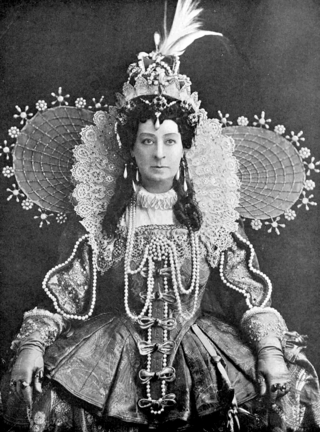
Merrie England is an English comic opera in two acts by Edward German to a libretto by Basil Hood. The patriotic story concerns love and rivalries at the court of Queen Elizabeth I, when a love letter sent by Sir Walter Raleigh to one of Queen Elizabeth's ladies-in-waiting, Bessie Throckmorton, ends up in the hands of the Queen. Well-known songs from the opera include "O Peaceful England", "The Yeomen of England" and "Dan Cupid hath a Garden".
The books of the New Testament frequently cite Jewish scripture to support the claim of the Early Christians that Jesus was the promised Jewish Messiah. Scholars have observed that few of these citations are actual predictions in context; the majority of these quotations and references are taken from the prophetic Book of Isaiah, but they range over the entire corpus of Jewish writings.

The Benedictus, given in Gospel of Luke 1:68–79, is one of the three canticles in the first two chapters of this Gospel, the other two being the "Magnificat" and the "Nunc dimittis". The Benedictus was the song of thanksgiving uttered by Zechariah on the occasion of the circumcision of his son, John the Baptist.
A coronation anthem is a piece of choral music written to accompany the coronation of a monarch.

Hodie is a cantata by Ralph Vaughan Williams. Composed between 1953 and 1954, it is the composer's last major choral-orchestral composition, and was premiered under his baton at Worcester Cathedral, as part of the Three Choirs Festival, on 8 September 1954. The piece is dedicated to Herbert Howells. The cantata, in 16 movements, is scored for chorus, boys' choir, organ and orchestra, and features tenor, baritone, and soprano soloists.
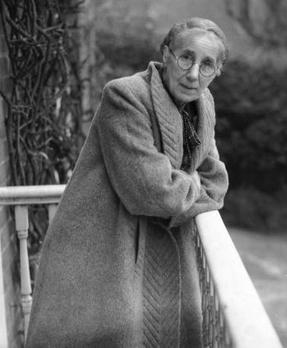
Minnie Louise Haskins was a British poet and an academic in the field of sociology, best known for being quoted by King George VI in his Royal Christmas Message of 1939.
The Golden Speech was delivered by Queen Elizabeth I of England in the Palace Council Chamber to 141 Members of the Commons, on 30 November 1601. It was a speech that was expected to address some pricing concerns, based on the recent economic issues facing the country. Ultimately, it proved to be her final address to Parliament and turned the mode of the speech to addressing the love and respect she had for the country, her position, and the Members themselves. It is reminiscent of her Speech to the Troops at Tilbury, which was given to English forces in preparation for the Spanish Armada's expected invasion. The Golden Speech has been taken to mark a symbolic end of Elizabeth's reign. Elizabeth died 16 months later in March 1603 and was succeeded by her first cousin twice removed, James I.
Elizabeth Howe was one of the accused in the Salem witch trials. She was found guilty and executed on July 19, 1692.
Coronation Ode, Op. 44 is a work composed by Edward Elgar for soprano, alto, tenor and bass soloists, chorus and orchestra, with words by A. C. Benson.

The Statute of York was a 1322 Act of the Parliament of England that repealed the Ordinances of 1311 and prevented any similar provisions from being established. Academics argue over the actual impact of the bill, but general consensus is that it made the idea that the House of Commons should be consulted on all matters of general interest. The statute is seen as "the end of a period of revolutionary experiments in English government", with no Ordinances ever attempted again.
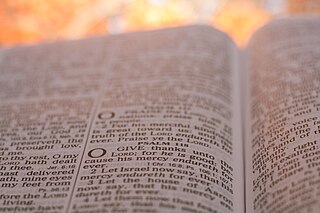
Psalm 118 is the 118th psalm of the Book of Psalms, beginning in the English of the King James Version: "O give thanks unto the LORD; for he is good: because his mercy endureth for ever." The Book of Psalms is part of the third section of the Hebrew Bible, and a book of the Christian Old Testament. In the slightly different numbering system used in the Greek Septuagint and Latin Vulgate translations of the Bible, this psalm is Psalm 117. In Latin, it is known as "Confitemini Domino". Its themes are thanksgiving to God and reliance on God rather than on human strength.
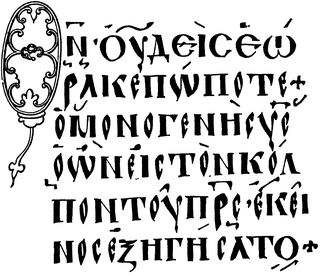
John 1:18 is the eighteenth verse in the first chapter of the Gospel of John in the New Testament of the Christian Bible.

The King George VI Memorial Chapel is part of St George's Chapel at Windsor Castle in England. The chapel was commissioned by Elizabeth II in 1962 as a burial place for her father, George VI, and was completed in 1969. It contains the final resting places of King George VI, Queen Elizabeth The Queen Mother, Queen Elizabeth II, Prince Philip, Duke of Edinburgh, and the ashes of Princess Margaret. It was designed by George Pace.
References
- ↑ "Minnie Louise Haskins (1875–1957)". London School of Economics. Retrieved 14 January 2016.
- ↑ Shawcross, William (2016). The Servant Queen and the King She Serves. The Bible Society. ISBN 9780957559820.
- ↑ The Rotarian Oct 1940. Vol. 57, No. 4. Rotary International. ISSN 0035-838X